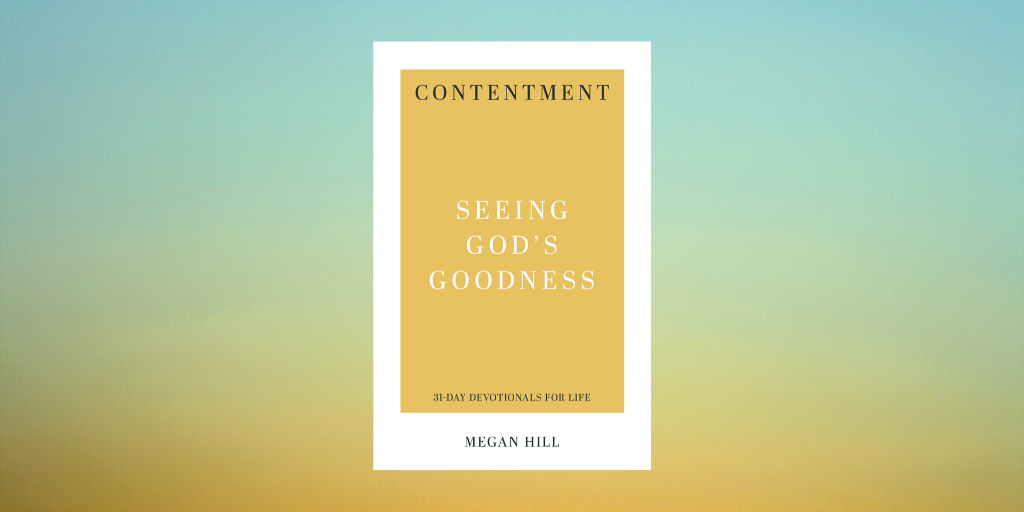Do all things without grumbling or disputing, that you may be blameless and innocent, children of God without blemish in the midst of a crooked and twisted generation, among whom you shine as lights in the world. (Phil. 2:14-15)
Complaining is a universal currency in our world. Almost without fail, it provides a point of connection in even the most casual interactions. Paying at the grocery store? Just grumble about how cold (or hot) the weather has been recently, and you and the checkout clerk will quickly form an alliance. Filling your mug at the office coffee station? Point out how horribly weak (or strong) the brew is today, and your coworkers will vigorously nod their heads in agreement. Late to a party? Mutter about the traffic, and every guest in earshot will have their own gridlock lament to contribute. There is seemingly nothing that we won’t complain about, and seemingly no one who won’t join us when we do.
But belonging to Christ radically changes everything. Because we know that God does all things for our good and His glory (see Rom. 8:28), because we rest secure in His love for us and our union with Him (see Rom. 8:38-39), and because we have been given the indispensable help of his Holy Spirit (see Phil. 2:13), we are not like the murmuring unbelievers around us. We refrain from grumbling, because bringing glory to Christ is our highest goal (see Phil. 2:14-15).
Jesus said, “Let your light shine before others, so that they may see your good works and give glory to your Father who is in heaven” (Matt. 5:16); and, when we refuse to join the office pity-party, we publicly exalt Christ in at least three ways:
1. WE TESTIFY THAT GOD IS GOOD. Most of us would tell our neighbors that God is good. But our dissatisfied grumblings are a jarring contradiction to what we say we believe. A tongue that is used for both blessing and cursing “ought not to be so” (James 3:10)!
2. WE TESTIFY TO AN UNSHAKABLE HOPE. When Job’s wife encourages him to curse God for the trials in his life, Job replies, “Shall we receive good from God, and shall we not receive evil?” (Job 2:10). By his sinless response, Job testifies that he has faith in God’s eternal purposes, whether his outward circumstances appear rosy or grim.
3. WE TESTIFY TO A DEEPER REALITY. If our conversations with unbelievers are taken up by the minutiae of life’s inconveniences, we act like this world is all that matters. Instead, we ought to take every opportunity to point to deeper — and more lasting! — spiritual realities.
—Megan Hill, Contentment: Seeing God’s Goodness


Comments